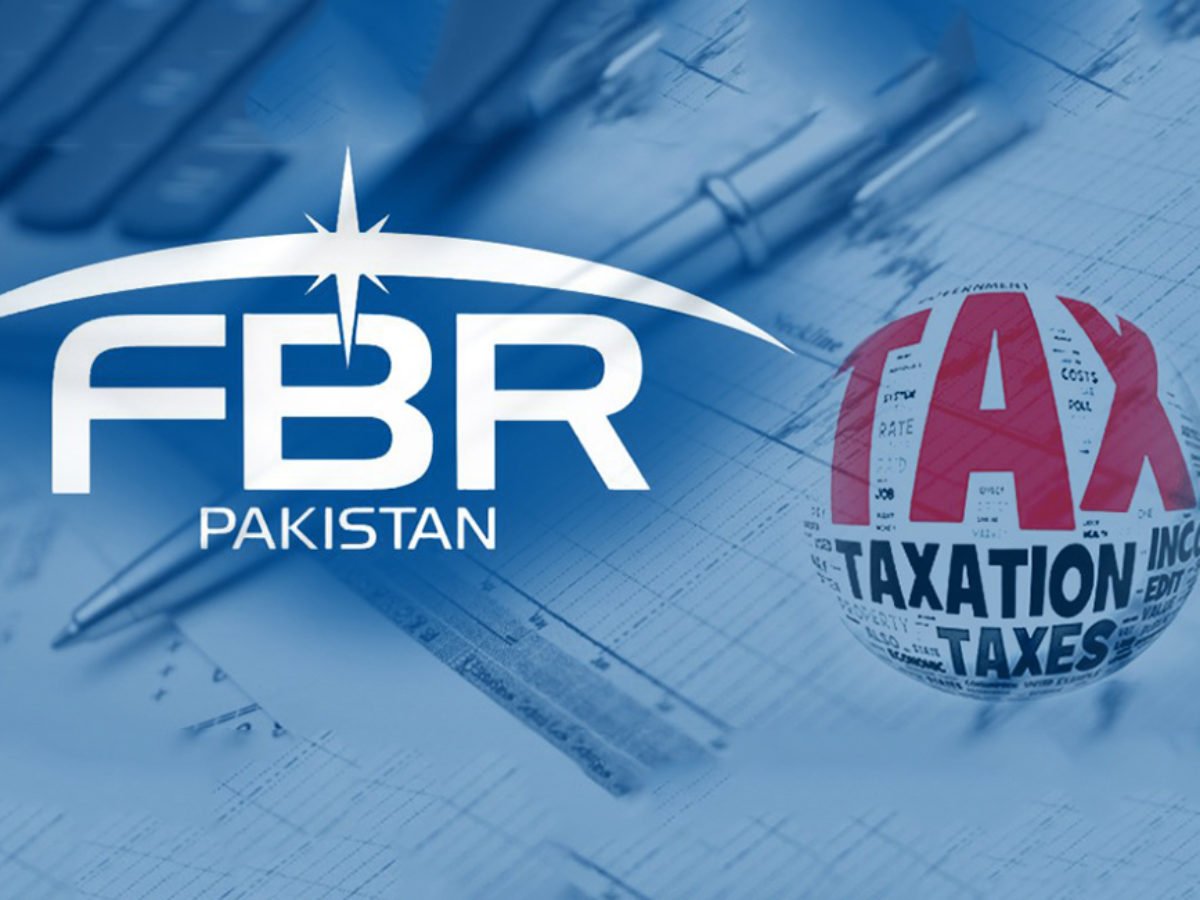The Federal Board of Revenue (FBR) is drafting the Tax Laws Amendment Ordinance 2024, aiming to eliminate the categories of “late-filers” and “non-filers” from the Income Tax Ordinance 2001. This move is part of a broader effort to streamline the tax filing process and reduce the burden on taxpayers.
According to sources, the draft bill is being prepared to remove the concepts of non-filers and late-filers, which have been contentious since the “late-filer” category was introduced through the Finance Act 2024 and subsequently challenged in the Lahore High Court. Under the new proposal, taxpayers will need to justify their sources of income for financial transactions, such as purchasing properties and vehicles, with specific monetary limits and thresholds set for these explanations.
The proposed law includes provisions that would exempt certain family members of a filer from filing tax returns for financial transactions. If a taxpayer can justify their income sources, their family members, including a non-filing spouse, parents, children under 25, and unmarried, divorced, or widowed daughters, would not need to file returns. The filer would be responsible for providing income sources for family transactions.
To facilitate this process, the FBR plans to introduce a mobile app allowing the public to declare their resources, which will be accepted by the tax department. This app will eliminate the need for taxpayers to visit the Commissioner for exemption certificates, as they will only need to fill out the “sources” column in the app.
The proposed amendments also include disincentives for non-compliant taxpayers, linking the availability of facilities such as investments and bank account creation to the filing of tax returns. All monetary transactions will require established sources of funds through digital means.
Additionally, the FBR will share information with banks based on individuals’ declared incomes in tax returns. Any financial transactions exceeding a specified limit will be reported to the FBR, ensuring greater transparency and compliance. This new system is expected to be implemented in the coming months, making it easier for the general public to comply with tax regulations.










